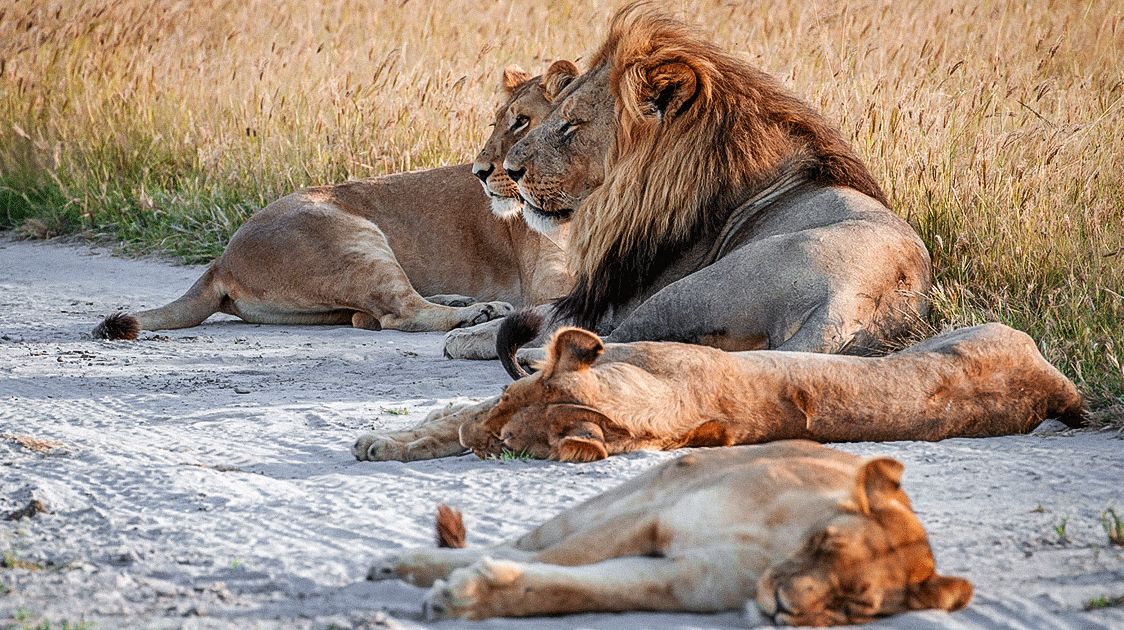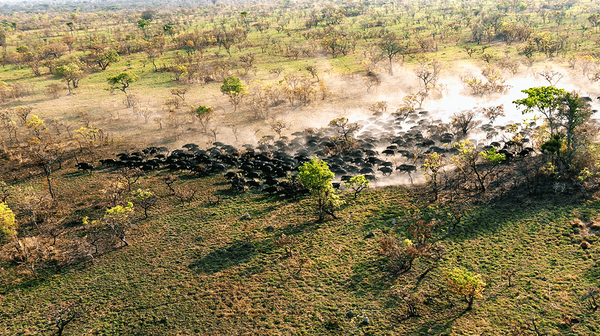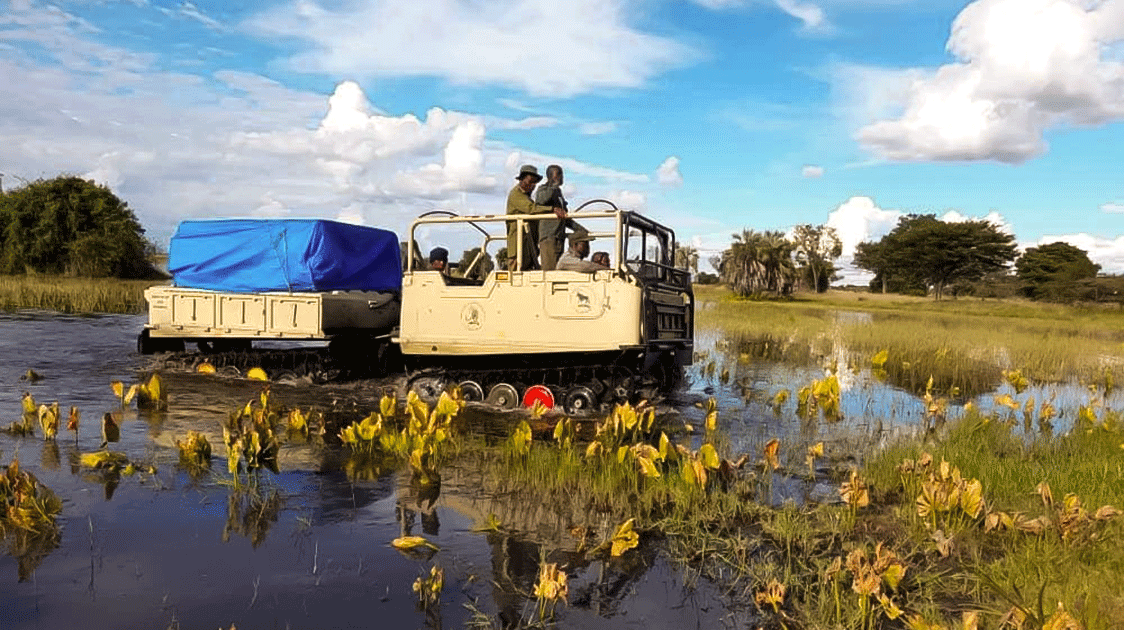Tanzania
Tanzania, renowned globally for its rich biodiversity and iconic wildlife, faces ongoing threats from poaching. At Patrol, we focus on raising awareness and supporting anti-poaching operations, recognizing Tanzania as a critical frontline in wildlife conservation efforts. Protecting vast habitats like the Serengeti and the Ruvuma Elephant Corridor demands strategic, sustained efforts. Tanzania anti-poaching units, comprising dedicated rangers and conservation officers, patrol tirelessly to safeguard wildlife from illegal hunting, snares, and habitat destruction.
Serengeti Patrols: Defending the Wildebeest Highway
The Serengeti, famed for the spectacular wildebeest migration, requires constant surveillance beyond park boundaries. Serengeti anti-poaching patrols are essential in monitoring this migratory highway, deterring poachers who exploit unguarded areas where animals roam freely.
Foot-Sweeps & Vehicle Loops
Ranger patrols in Tanzania, Africa employ systematic foot-sweeps combined with regular vehicle loops. These patrol methods ensure extensive ground coverage and the timely detection of threats. Rangers commonly discover and dismantle poachers' snares designed to capture wildebeests, zebras, and antelopes. Recently, a single patrol unit discovered and removed 50 snares placed strategically along a critical migration corridor, underscoring the importance of continuous patrols.
Tech Trials: Low-Noise Drones Over Open Grassland
Advancements in technology have significantly bolstered anti-poaching efforts in Tanzania. Serengeti patrol teams now test low-noise drones designed from locally sourced materials, including recycled oil drums. These drones silently monitor expansive grasslands, providing valuable real-time data without disturbing wildlife or alerting poachers.
Ruvuma Elephant Corridor: Border Challenges
The Ruvuma Elephant Corridor, connecting Tanzania's wildlife populations to neighboring Mozambique, faces unique cross-border poaching challenges. Ensuring the safe movement of elephants across international borders requires coordinated patrols and proactive community engagement.
Community Scout Integration
Community game scouts in Tanzania are vital allies in conservation efforts. Trained locals, familiar with the terrain and wildlife behaviors, assist professional ranger patrols. By incorporating community scouts, patrol operations effectively leverage local knowledge, increasing efficiency and fostering deeper community conservation awareness.
Cross-Border Coordination With Mozambique
Effective anti-poaching in the Ruvuma Elephant Corridor necessitates collaboration between Tanzania and Mozambique. Joint operations involving ranger patrol units from both countries have become routine, facilitated by shared intelligence and communication via portable radios. This cooperation helps close gaps exploited by poachers along the border.
Kilimanjaro & Arusha Buffer Zones
The regions surrounding Kilimanjaro and Arusha are home to diverse wildlife and densely populated communities. Rangers here face unique challenges as poaching intersects with human settlements and agricultural lands.
Snare Lines in Coffee Estate Edges
Illegal snares frequently appear along coffee estates bordering protected areas, posing severe risks to animals straying outside park boundaries. Patrol units regularly perform targeted snare removal operations, maintaining vigilance to protect wildlife venturing close to human-inhabited areas.
Community Partnerships That Work
Successful wildlife conservation in Tanzania heavily relies on local partnerships. Collaborative programs between ranger patrols, conservation NGOs, and community groups have shown tremendous results in reducing poaching and supporting wildlife conservation. Education initiatives and livelihood support programs reinforce community commitment to protecting Tanzania's wildlife.
How You Can Support Tanzania Rangers
Every patrol operation depends heavily on community and global support. At Patrol, we invite you to subscribe to our newsletter, where we share stories from Tanzania's frontline and practical ways you can help. Staying informed helps increase the visibility of ranger patrol activities, boosting resources and morale.
Stay connected and informed by subscribing to our newsletter and exploring more about Poaching Threats and Tactics & Technology on our site.
FAQ
1. What are typical anti-poaching tactics used in Tanzania?
Typical tactics include night drives, foot patrols, drone surveillance, and coordinated operations with TANAPA.
2. Why is the Serengeti such a focus for anti-poaching?
The Serengeti’s annual wildebeest migration attracts poachers aiming to exploit wildlife outside protected park boundaries.
3. How are community game scouts involved in Tanzania anti-poaching?
Community scouts provide local knowledge, act as eyes and ears for rangers, and help bridge conservation initiatives with local communities.
4. Are drones effectively used against poachers in the Serengeti?
Yes, low-noise drones have proven effective in silently monitoring large areas, helping identify poacher activities quickly.




